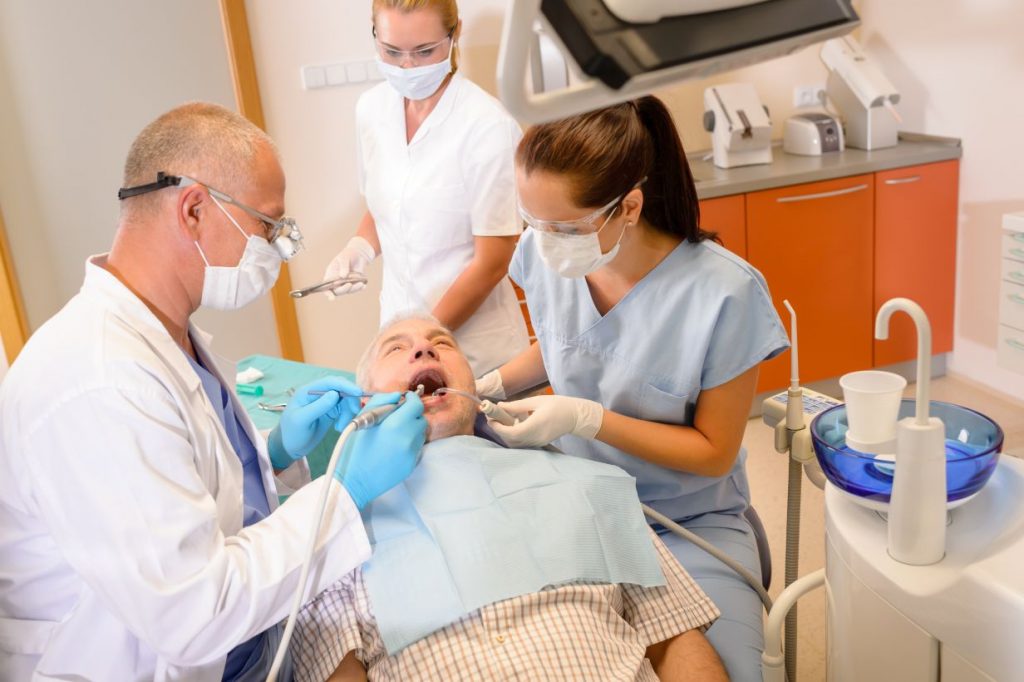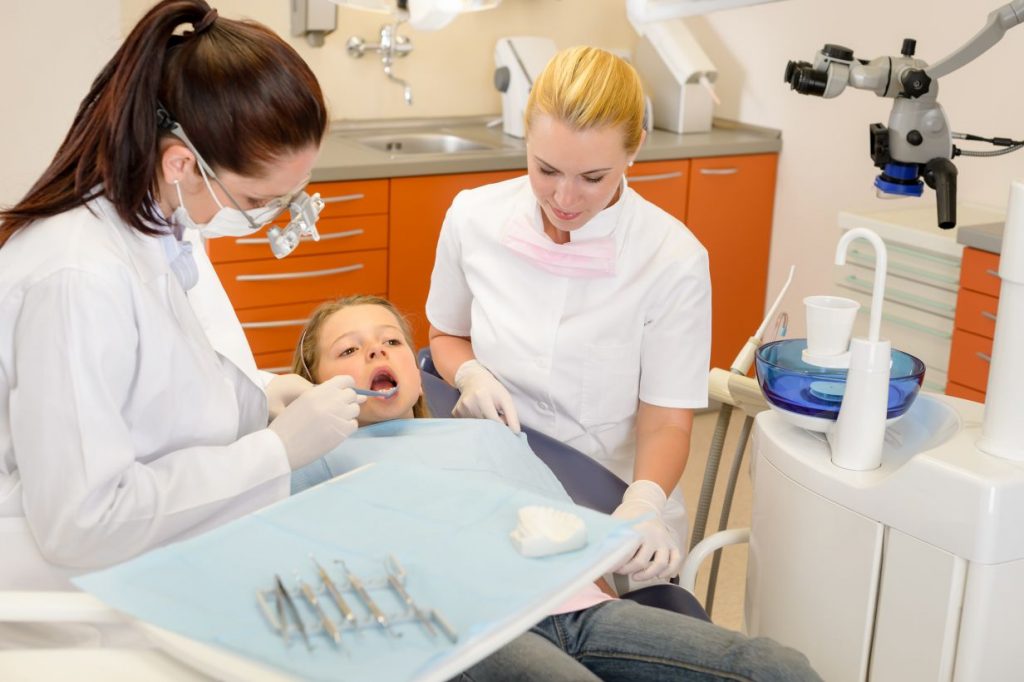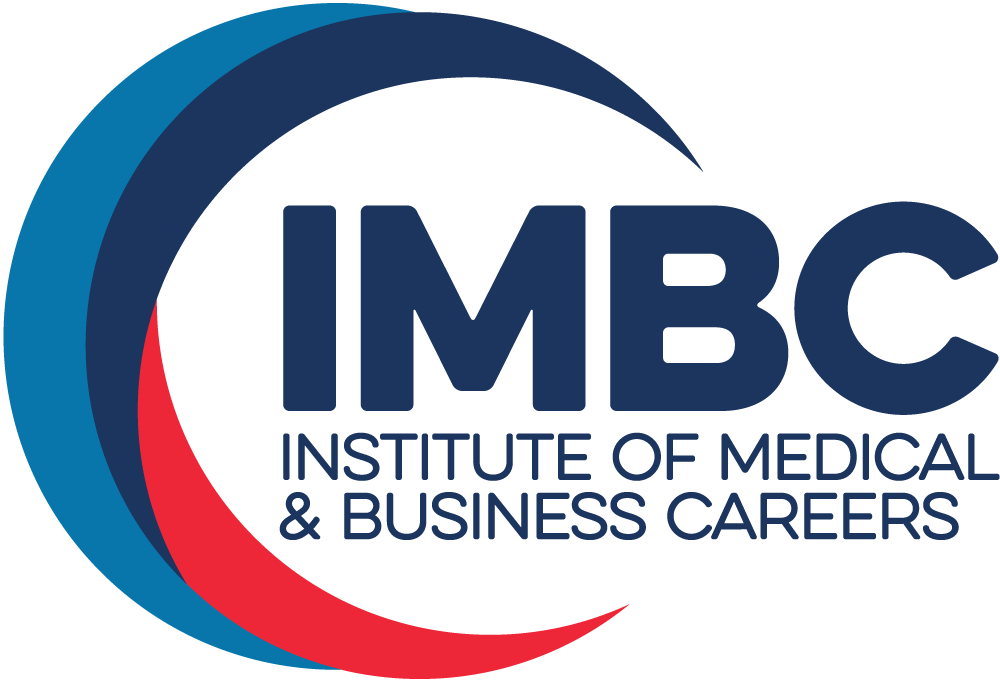
Do you have an interest in a dental career? Have you thought about becoming a dental assistant? According to the U.S. Bureau of Labor Statistics (BLS), it is a field expected to experience an 11% job growth by 2028.1 This means about 38,700 more dental assistants will be needed over this time period.
Continue reading this article to learn about the dental assistant duties. This may be the new road ahead for you for a future you can smile about.
Requirements to Become a Dental Assistant
To start dental assistant training, you must hold a high school diploma or equivalent. If you are in high school, take biology, chemistry, and anatomy. This will prepare you for the dental assistant program.
Individual states differ in their requirements for becoming a dental assistant. Some dental assistants only receive on-the-job training from a dentist or hygienist.
Some states have no specific minimum criteria to work as a dental assistant. Other states mandate that you become licensed, registered, or certified to work or advance in this field. Contact your state’s Board of Dental Examiners to learn about the entry requirements.
Taking a training program to provide you with the skills needed to obtain your certifications is a common route most people take. These programs typically take about one year to complete and you earn a certificate or diploma. You also have the choice of attending a two-year program to earn an associate degree which includes additional post-secondary courses such as English, math, and more.
After completing your training program, you can take state or national examinations. These exams may or may not be a prerequisite for employment.
Yet, having this on your résumé can often give you a competitive edge. The exams validate your knowledge, competence, and skill to work as a dental assistant.
There are two national exams common among dental assistants: the Nationally Registered Dental Assistant exam administered by the National Association for Health Professionals and the Radiation Health and Safety exam administered by the Dental Assisting National Board.
Programs and schools may receive accreditation from organizations such as Accreditation Bureau of Health Education Schools, the Commission on Dental Accreditation (CODA), or other accrediting bodies.

What do Dental Assistant Programs Involve?
Dental assistant programs focus on providing graduates with the basic skills needed to enter the workforce. Coursework often includes the following:
- Oral anatomy: This involves learning about the normal and abnormal anatomy of the oral cavity and facial structure. Students also learn about anesthesia, mastication, and occlusion.
- Radiography: Students receive an introduction to the proper technique for positioning patients for x-rays. They also learn to perform digital dental radiography and x-rays. Further instruction focuses on learning to differentiate between a usable and unusable image.
- Dental equipment: Training provides an overview of dental materials, their properties, and how they are properly used (handled, cleaned, disposed of, etc.) This includes cement, porcelain, bonding agents, metals, and implants.
- Dental assisting clinicals: This part of the program provides real-world experience. This allows the student to develop their professional and ethical assisting skills while under the supervision of a licensed professional.
- Basic communication skills: All direct care providers must learn professional and compassionate communication. This enhances patient comfort and confidence.
Students pursuing an associate degree will also take general education coursework.
All students will learn dental-related administrative skills and how to take medical histories.
Personality Characteristics Compatible With Dental Careers
There are several qualities needed for success as a dental assistant. Important characteristics include the following:
- Attention to detail: This role requires strict adherence to specific rules and procedures; this includes infection control. You must also know what activities you are and are not allowed to perform.
- Manual dexterity: You will need to use tools and instruments in a small area of the body. Thus, you must have excellent fine motor control.
- Good interpersonal skills: Often, patients may feel anxious or experience pain; this may result in emotional outbursts that are sometimes directed at the staff. You must have the ability to stay calm, professional, and caring in these situations. It is also important to remain professional when staff interactions become strained.
- Good listening skills: Being able to practice active listening is a vital skill. You will interact with patients and other staff members throughout the day. You must listen attentively and carry out instructions given by the dentist and hygienist.
- Strong organizational skills: It is important that you keep dental paperwork, tools, and materials organized. This helps the dentist and hygienist to provide efficient and accurate patient care.
Daily Dental Assistant Duties
So what can you expect to do on a daily basis when working as a dental assistant? Each dental office establishes which tasks the dental assistant will perform. These activities may involve:
- Checking in patients, escorting them to exam rooms or chairs, and getting them settled in for their appointment
- Assisting with retrieving charts and medical records
- Record keeping
- Scheduling appointments
- Assisting dentists and hygienists by handing instruments and materials during procedures
- Drying patients’ mouths and using suction for secretion control
- Comforting patients before, during, and following procedures or exams
- Measuring and recording vital signs such as pulse and blood pressure
- Teaching patients about after-procedure care
- Teaching patients about proper oral hygiene
- Exposing and processing x-rays and lab tests under the direction of the dentist
- Work with patients on billing and payment
You will also spend time cleaning and preparing treatment rooms and laboratories. Dental assistants adhere to OSHA, CDC, EPA, and OSAP rules for sterilizing and disinfecting equipment.
Dental assistants mix, pour and take alginate impressions of patient teeth. This can include articulating and mounting study casts. You may also make custom trays, mouth guards, and whitening trays.
Some dental assistants also work on provisional crowns, bridges, and minor denture repairs.

Work Settings and Conditions
Dental assistants rate their upward mobility as high. Job stress levels rank as average and flexibility as above average.
Most dental assistants work in office settings. A small number work in physician’s offices and for the government (in the armed services, veterans’ clinics, or corrections).
Office settings may include:
- General dentistry
- Pediatric dentistry (working with children)
- Orthodontics (straightening teeth)
- Oral surgery
- Periodontics (working with the gums)
- Endodontics (working with the pulp)
- Prosthodontics (artificial teeth)
Some dental assistants travel to schools to perform screening for young children. Others work in hospitals or nursing homes treating bedridden patients.
Some dental assistants work in dental school clinics. They help dental students learn how to perform dental procedures.
They also work in vocational schools, technical institutes, community colleges, and universities. This often requires an associate or bachelor’s degree.
There are also jobs available for dental assistants with insurance companies. They focus on processing dental insurance claims. Dental supply companies employ dental assistants as product sales representatives.
All dental assistants work under the direct supervision of dentists. They also work closely with dental hygienists.
Dental assistants must wear full-face protection including masks and eye shields. Infectious disease protocols dictate other personal protective equipment as well. Examples include gowns, protective clothing, and gloves.
Safety protocol compliance during x-rays is imperative to decrease your radiation exposure risk.
Career Advancement
Depending on the state you work in, you may receive training to perform expanded tasks. You may also be required to have a license or registration to perform certain procedures. The other option is a certification from the Dental Assisting National Board.
Prerequisites for this certification include a high school diploma or equivalent and completion of an accredited program. The state specifies a set amount of work experience before any further training. Also, you may be required to maintain a current CPR certification.
Coronal polishing involves cleaning the teeth by removing soft deposits such as plaque.
Sealant application is done by painting a thin, plastic substance on the teeth to create a seal. This protects the teeth from acid-producing bacteria that grow when food particles remain in the mouth. This acid can cause cavities.
Fluoride applications serve to prevent cavities. This involves brushing fluoride directly on the teeth.
You may be qualified to apply topical anesthetic to a treatment area prior to the procedure. Each state determines the scope of practice for dental assistants.
Students who have a future interest in pursuing a career as a dental hygienist should complete an associate degree.
Dental hygienists spend much of their time cleaning patients’ teeth and conducting oral screenings. They examine the mouth for signs of diseases such as gingivitis, periodontitis, cavities, and cancer. Hygienists also work with the dentist as they perform various procedures.
Hygienists provide patient education on how to perform optimal mouth care. They also teach patients about the impact of oral health on the patient’s general health.

Are You Ready to Start Your Dental Assistant Career?
Has this article increased your interest in becoming a dental assistant? Now that you understand the dental assistant duties, are you ready to find a school and get started?
Consider our program based in Pittsburgh, PA, to obtain your dental assistant training and contact us today to learn more about becoming a dental assistant.
